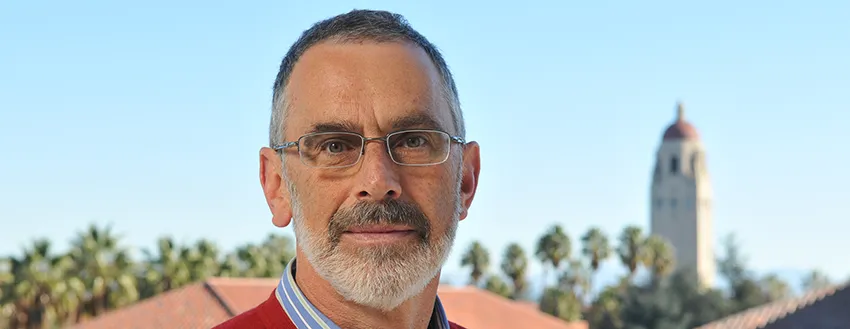
Inside Stanford Medicine, May 19th, 2014, by John Sanford
Scientists at Stanford and UC-San Francisco will collaborate at a new center that aims to spur innovative approaches in drug development.
Launched with an initial grant of $3.3 million from the Food and Drug Administration, the UCSF-Stanford Center of Excellence in Regulatory Science and Innovation will support FDA efforts to evaluate and approve safe and effective medications.
The center will bring together top scientists from the two academic institutions with partners at the FDA to conduct collaborative research, as well as a range of education and scientific exchange programs. These programs will build on Stanford's and UCSF's strengths in quantitative sciences and focus on three areas: improving preclinical safety and efficacy tests; improving clinical trials and evaluation; and harnessing diverse data sets through information sciences to accelerate and improve new drug development.
The center, which will be based at UCSF, comes at a time when the pharmaceutical and biotechnology industries are increasingly looking to tap into informatics and data-driven computer models, known as quantitative pharmacology, to help improve drug development and identify new therapies that will be safer, more precise and have fewer side effects. Those new technologies are of equal interest to the FDA in assessing which medications are safe and effective for patients.
"Data on drug action at all levels, from molecular to population, is exploding and requires sophisticated computational integration to fully understand it," said Russ Altman, MD, PhD, professor of bioengineering, of genetics and of medicine at Stanford, and director of the university's biomedical informatics training program. "We are bringing together the best minds in therapeutics, genetics and computational sciences to transform how drugs are made and how we assess whether they're safe or not."
Altman and Kathy Giacomini, PhD, professor and chair of bioengineering and therapeutic sciences at UCSF and co-chair of its Center for Quantitative Pharmacology, are the center's co-principal investigators.
"New tools, methods and approaches are under development that are necessary in a globalized regulatory environment and for translating new discoveries into innovative medical treatments," said Stephen Ostroff, MD, acting chief scientist at the FDA. "To meet these challenges, regulatory science research and training requires multidisciplinary and interdisciplinary collaboration, not only within FDA, but with our partners in academia, like UCSF and Stanford. The results of this partnership will ultimately benefit patients and the medical community."
The center will be managed by the FDA's Office of Regulatory Science and Innovation.

